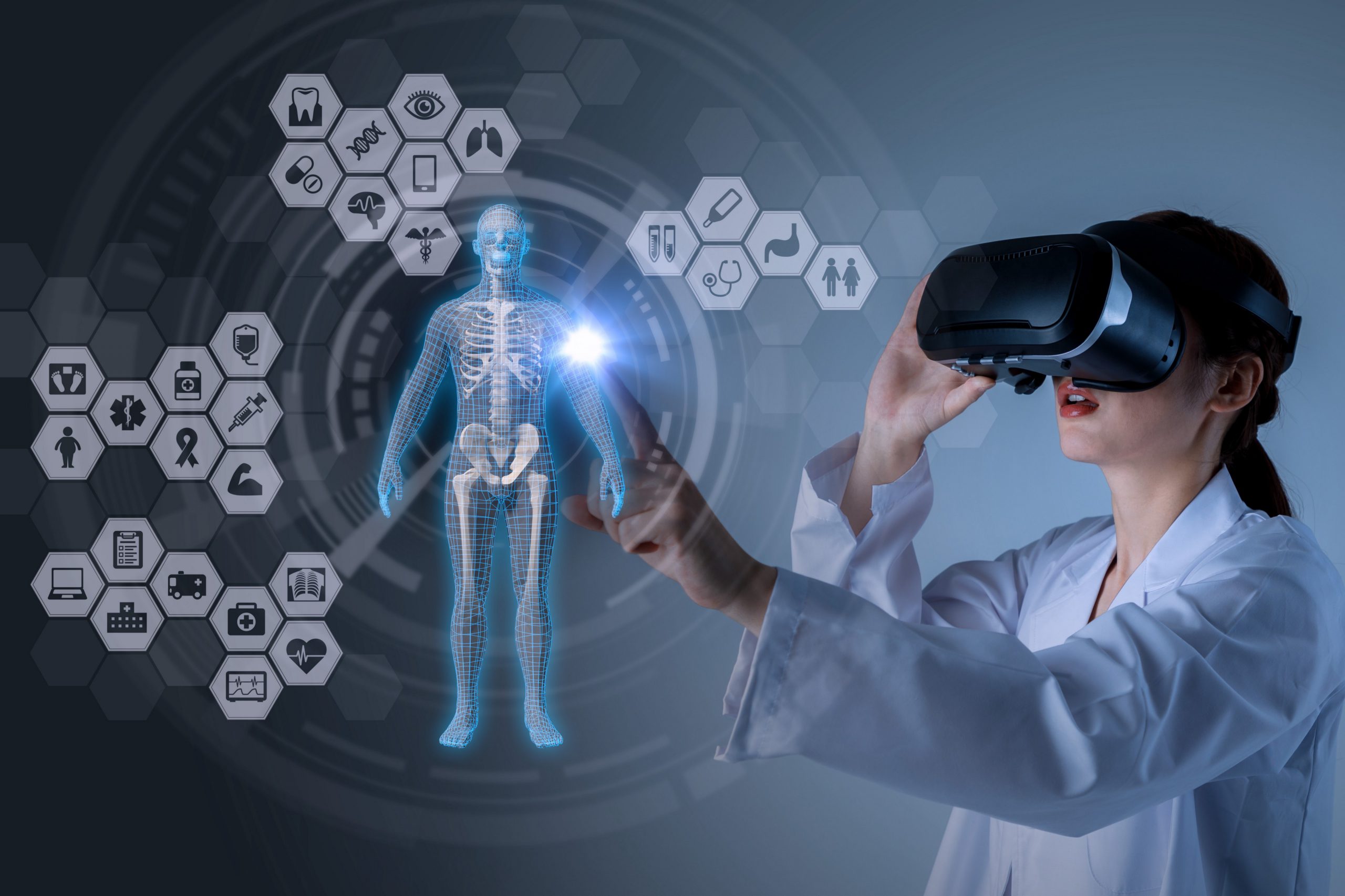
Could Virtual Reality Provide The Next Healthcare Breakthrough?
Could Virtual Reality Provide The Next Healthcare Breakthrough?
As the world’s population continues to grow larger and older, finding ways to provide quality healthcare for all is becoming more difficult. Since many people experience health challenges as they age, healthcare professionals are working tirelessly to find better ways to treat aging patients.
While most healthcare reporting focuses on new medications or treatments that can help patients, there is very little attention given to technology. This is a shame, as rapidly developing technologies have great potential as tools for healthcare.
Once such technology is virtual reality (VR), which uses special computer-powered headsets to create immersive experiences. Whether you want to swim on the ocean floor or hike through an exotic jungle, virtual reality can take you there (if only for a moment).
Such experiences are commonly what is thought of when VR is brought up in conversation. But what if VR could be used in a manner that improves healthcare for both old and young patients alike?
Virtual Reality And Healthcare Explained
It’s easy to see that virtual reality has come a long way and made significant improvements (both in terms of hardware and software) over the last few years. What might not be as obvious is how VR fits into the world of healthcare.
In fact, the potential uses of VR in healthcare are vast. From assisting in the treatment of patients with dementia to helping patients process pain, the possibilities for VR in this vast domain are nearly endless. Here’s a couple of the most interesting contributions that VR can make within healthcare.
Improving Medical Storytelling
One of the most difficult parts of healthcare is communicating the nature of a disease or treatment to those who have never experienced it before. With VR, medical and scientific storytelling becomes more immersive, which communicates what it’s like to have a certain ailment more effectively than ever before.
Consider the aging simulation that was created a couple of years ago to provide young people insight into how their older counterparts experience the world. This entire project used VR as its backbone and proved that this technology can be an effective avenue for medical storytelling of all types.
Boosting Patient Education
Next to medical storytelling, promoting patient education is one of the most difficult non-treatment challenges faced by the medical community. Through VR, patient education becomes an interactive experience that better educates people on the importance of their own health.
Treating Mental Health
While this work is still in its early stages, there appear to me many benefits provided by virtual reality when treating mental health and anxiety disorders.
VR makes a popular treatment called exposure therapy, which gradually places patients in situations that frighten them with the hope of improving how they reach over time, far easier to administer. This technique is being actively used to help veterans overcome PTSD and process the events they witnessed while at war.
Final Thoughts
As we have seen, there are a number of benefits that healthcare can reap from virtual reality. This is only the beginning, so look for the uses of VR in medicine to increase in the coming years.
